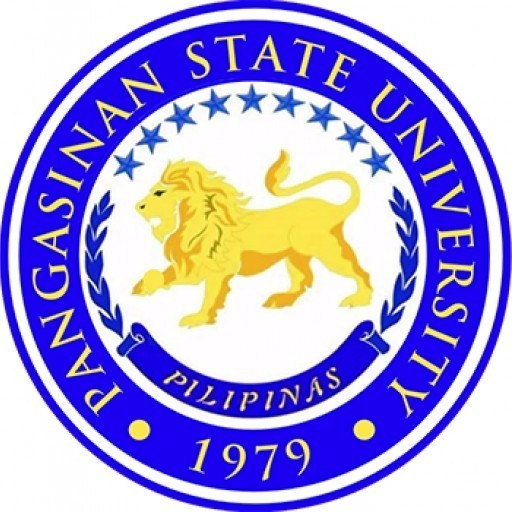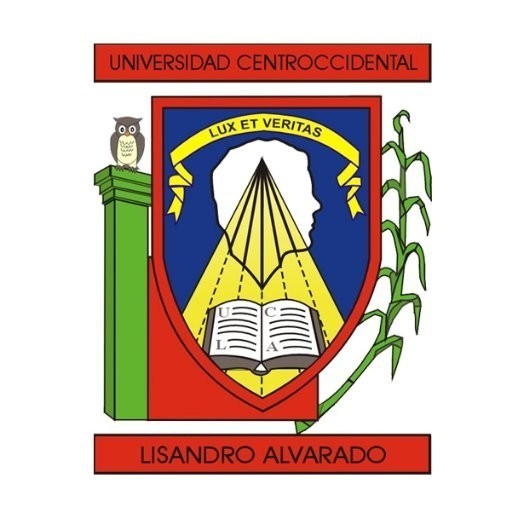Photos of university / #utwente
The Master's degree programme in Electrical Engineering at the University of Twente offers a comprehensive and in-depth education designed to prepare students for a successful career in the rapidly evolving field of electrical engineering. The programme combines theoretical foundations with practical applications, equipping graduates with the skills needed to innovate and solve complex engineering challenges in various sectors, including energy, telecommunications, automotive, and high-tech industries.
Students begin their journey by engaging with core courses that provide a solid understanding of fundamental topics such as circuit theory, signals and systems, microelectronics, and power engineering. These foundational courses are complemented by advanced modules focusing on emerging areas like wireless communication, embedded systems, control engineering, renewable energy systems, and smart grids. The curriculum is designed to foster a broad technical expertise while also encouraging specialization in areas aligned with students’ interests and career goals.
A key feature of the programme is the integration of research and practical skills through project-based learning, industry collaborations, and internships. Students are motivated to participate in innovative projects, often working in multidisciplinary teams, which reflect real-world engineering problems. The programme also emphasizes sustainability and societal impact, encouraging students to develop solutions that promote energy efficiency, environmental sustainability, and technological advancement.
The University of Twente’s state-of-the-art laboratories and research facilities provide an excellent environment for hands-on learning and experimentation. Students have access to cutting-edge tools and resources that enable them to design, simulate, and test electrical systems and devices.
The Master’s in Electrical Engineering at Twente prepares graduates for a variety of career paths, including research and development, consulting, product design, and technical leadership roles in industry or academia. The programme’s international orientation, along with opportunities for exchanges and collaborations with industry partners, ensures graduates are globally competitive and ready to address future technological challenges.
Throughout the programme, students are supported by a dedicated team of lecturers, researchers, and industry professionals. They benefit from personalized guidance, professional development opportunities, and a vibrant academic community that fosters innovation, creativity, and lifelong learning. Upon graduation, students hold a highly recognized degree that opens doors to advanced careers and further research opportunities in the dynamic field of electrical engineering.
Detailed Course Facts
Application deadline Start in 1 September: June (non-EEA: May). Tuition fee- EUR 1906 Year (EEA)
- EUR 8464 Year (Non-EEA)
Duration full-time 36 months Languages Take an IELTS test
- English
Course Content
Types of teaching (in year 1):
- theory: 30%
- practice: 30%
- self study: 30%
- other: 10%
Types of teaching (in year 2):
- theory: 20%
- practice: 30%
- self study: 40%
- other: 10%
Types of teaching (in year 3):
- theory: 20%
- practice: 40%
- self study: 40%
Programme internationalization:
This programme has a workload of 180 ECTS.
English Language Requirements
IELTS band : 6 CAE score : 75(Grade B) TOEFL iBT® test : 80
To study at this university, you have to speak English. We advice you to
take an IELTS test.Requirements
Additional language requirements:
- IELTS overall band: 6.0
- TOEFL internet based: 80
- Cambridge Certificate in Advanced English: B1
- Cambridge Certificate of Proficiency in English: B1
Work Experience
No work experience is required.
Related Scholarships*
- Academic Excellence Scholarship
"The Academic Excellence Scholarship can provide up to a 50 % reduction in tuition per semester. These scholarships will be renewed if the student maintains superior academic performance during each semester of their 3-year Bachelor programme. The scholarship will be directly applied to the student’s tuition fees."
- Alumni Study Travel Fund
Scholarships for students who are already attending the University of Reading.
- Amsterdam Merit Scholarships
The University of Amsterdam aims to attract the world’s brightest students to its international classrooms. Outstanding students from outside the European Economic Area can apply for an Amsterdam Merit Scholarship.
* The scholarships shown on this page are suggestions first and foremost. They could be offered by other organisations than University of Twente (UT).
Funding
The University of Twente offers scholarships possibilities for excellent students enrolling in UT graduate programmes. These scholarships vary from government grants to funding by organizations or private persons. In addition, faculties and the University of Twente Scholarship Foundation offer a limited number of scholarships to excellent students.
How soon can I apply for a scholarship?
Most scholarships require that you have fully completed UT application procedures before applying for the scholarship. Because of strict deadlines, apply for admission at least two months before the scholarship deadline.
Applying for a scholarship is possible as soon as you have received a letter confirming (provisional) admission. Please note some scholarships are for students of specific nationalities or studying certain educational programmes.
Electrical Engineering at the University of Twente is a comprehensive master's program designed to prepare students for a wide range of careers within the field of electrical and electronic engineering. The curriculum emphasizes both theoretical foundations and practical applications, equipping students with the skills needed to develop innovative solutions for complex technological challenges. The program covers core topics such as circuit design, embedded systems, signal processing, power electronics, and communication systems, ensuring graduates possess a broad and versatile skill set.
Students have the opportunity to specialize in areas like intelligent systems, sustainable energy, or microelectronics, aligning their studies with their personal interests and career ambitions. The program benefits from the university’s strong collaborations with industry partners and research institutes, providing students with valuable internship opportunities and real-world projects. The university’s cutting-edge labs and research facilities serve as a platform for hands-on learning and innovation.
The Electrical Engineering master's program also emphasizes the development of soft skills such as teamwork, project management, and communication, which are essential in professional environments. Whether students aim to work in industry, research, or entrepreneurship, the program offers a rich academic environment that fosters creativity, problem-solving, and technological leadership. Graduates of this program are well-equipped to contribute to sectors like telecommunications, renewable energy, robotics, and consumer electronics, making a meaningful impact on society through technological advancements. With a strong international orientation, the program attracts students from all over the world, providing a truly global learning environment.









